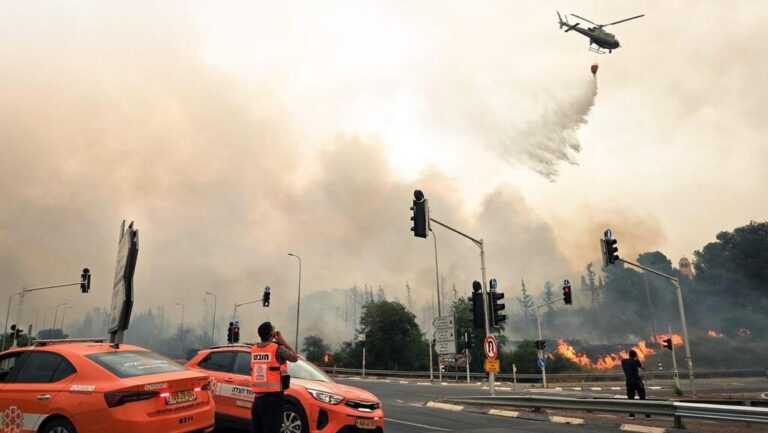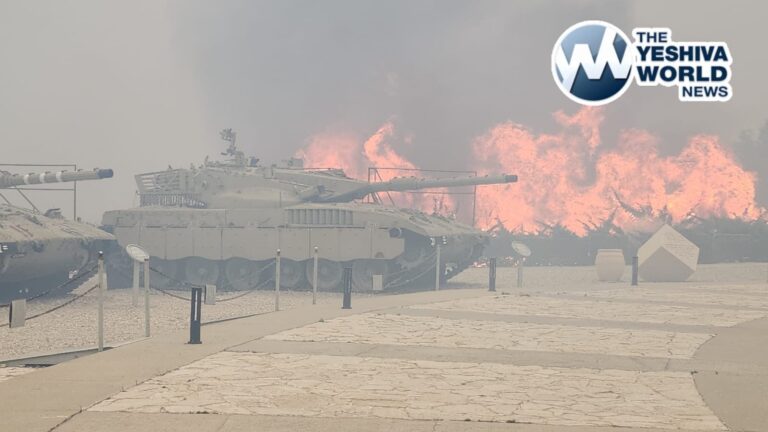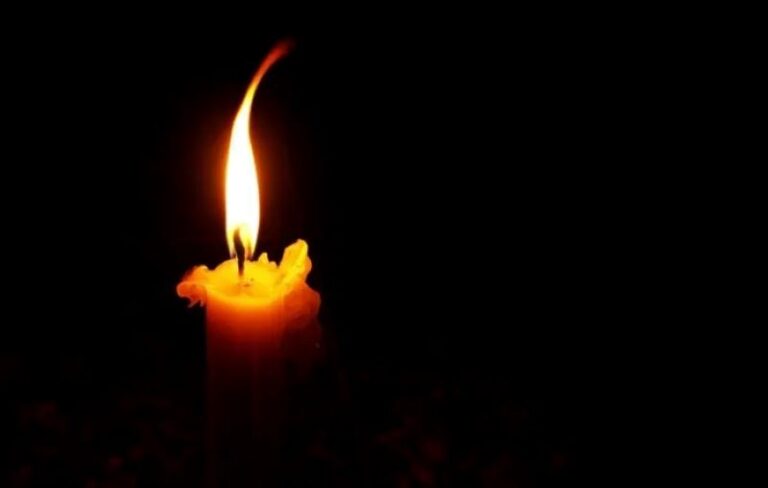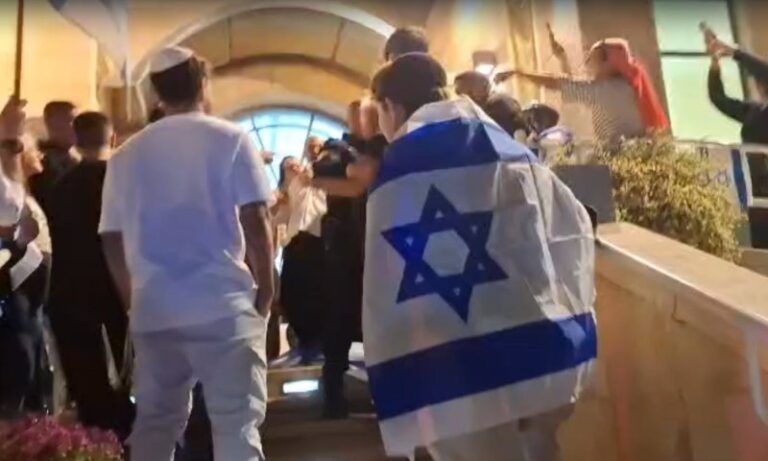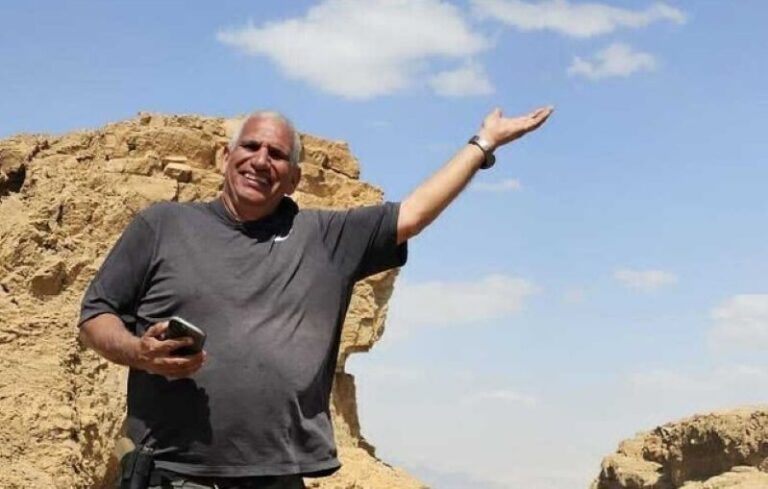This week’s Sedra describes the last three plagues that Hashem brought upon the Egyptians. All of the Ten Maccos are fascinating to read about, but most of what we are told in these Parshios (last week’s and this week’s) seems to consist only of brief descriptions of what the Plagues were. The Torah does not wish to go into detail with regard to these afflictions. It is therefore a bit puzzling when, after Maccas Choshech (the plague of Darkness), Paroh warns Moshe that he may never see his face again — for on the day he would dare to come again before the Egyptian Monarch, Moshe Rabeinu would die. The Torah continues and tells us that Moshe Rabeinu answers Paroh and tells him “as you said so it should be; I won’t see your face again”.
The Torah is obviously omitting many details. Why does the Torah feel it necessary to include this anecdote in the first place?
My Rebbe HaRav Belsky Shlita explains that the main idea underlying the Maccos was to differentiate between Am-Yisroel and the Mitzrim – between Am-Yisroel and Umos HaOlam. This idea is repeated frequently with Hashem using words such as והפלתי and והבדיל to indicate and underscore that Hashem differentiated and that Hashem separated Klal-Yisroel from the Mitzrim.
Rabbi Belsky explains that perhaps this idea was expressed most poignantly with the last and final plague. In Maccas Bechoros the whole of Egypt cried out because there was not a single household that was not affected, whereas among Am-Yisroel every single home was absolutely serene. The Torah tells us that for the Jews not even did the dogs bark – thus signifying utter silence and calm.
While throughout the Maccos Hashem was creating a clear division between Am-Yisroel to Umos HaOlam (as the passuk tells us that even those who had been captured by the Mitzrim suffered the loss of their Bechoros), this dividing process wasn’t yet complete. Moshe Rabeinu and Paroh were still negotiating – it appeared that there was still some possibility of some sort of coexistence between the Mitzrim and Klal-Yisroel. In order for complete separation to take place Paroh had to recognize that there was no more option of reconciliation.
We live in a world with good and bad. Good struggles against evil and evil against good constantly. Good and evil find themselves daily at the negotiating table. The only time good can and will overcome evil is when evil realizes that it can no longer coexist with good.
May we merit seeing the day that evils ceases to coexist with good – the day that only good will exist – יום שכולו טוב.
A very warm Good Shabbos, Rabbi Y. Dov Krakowski

